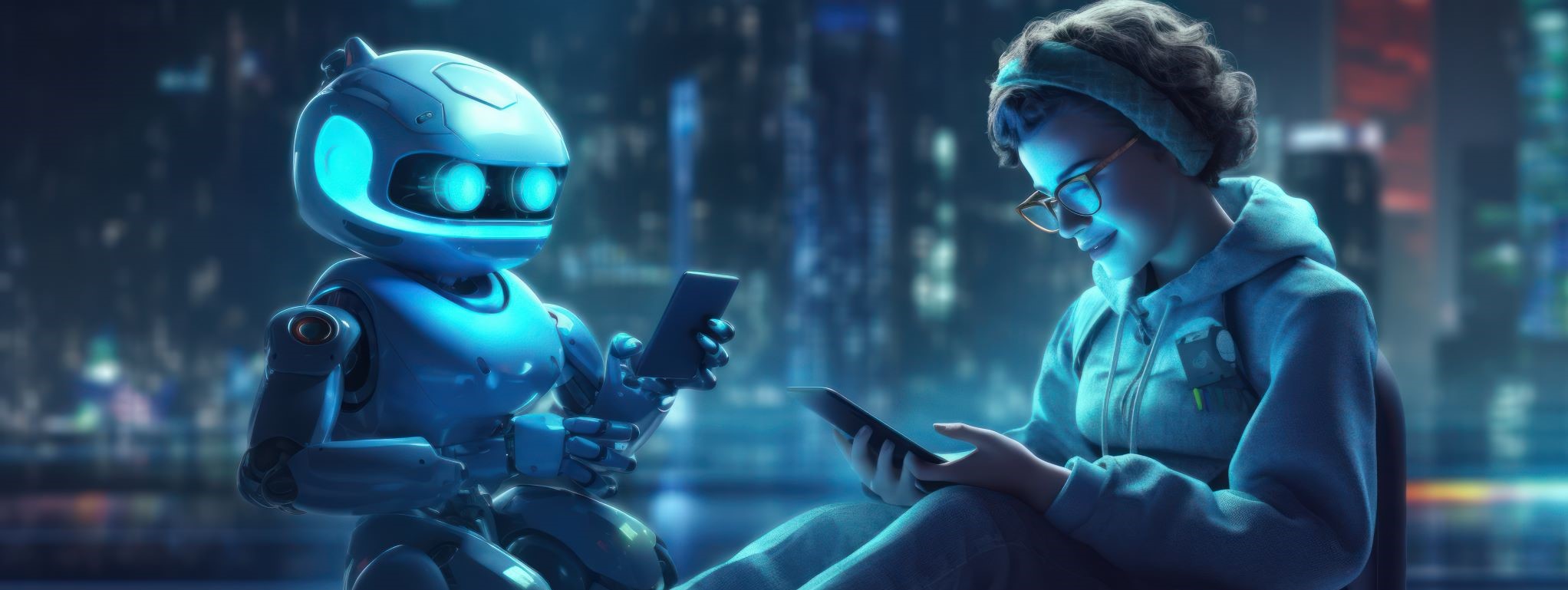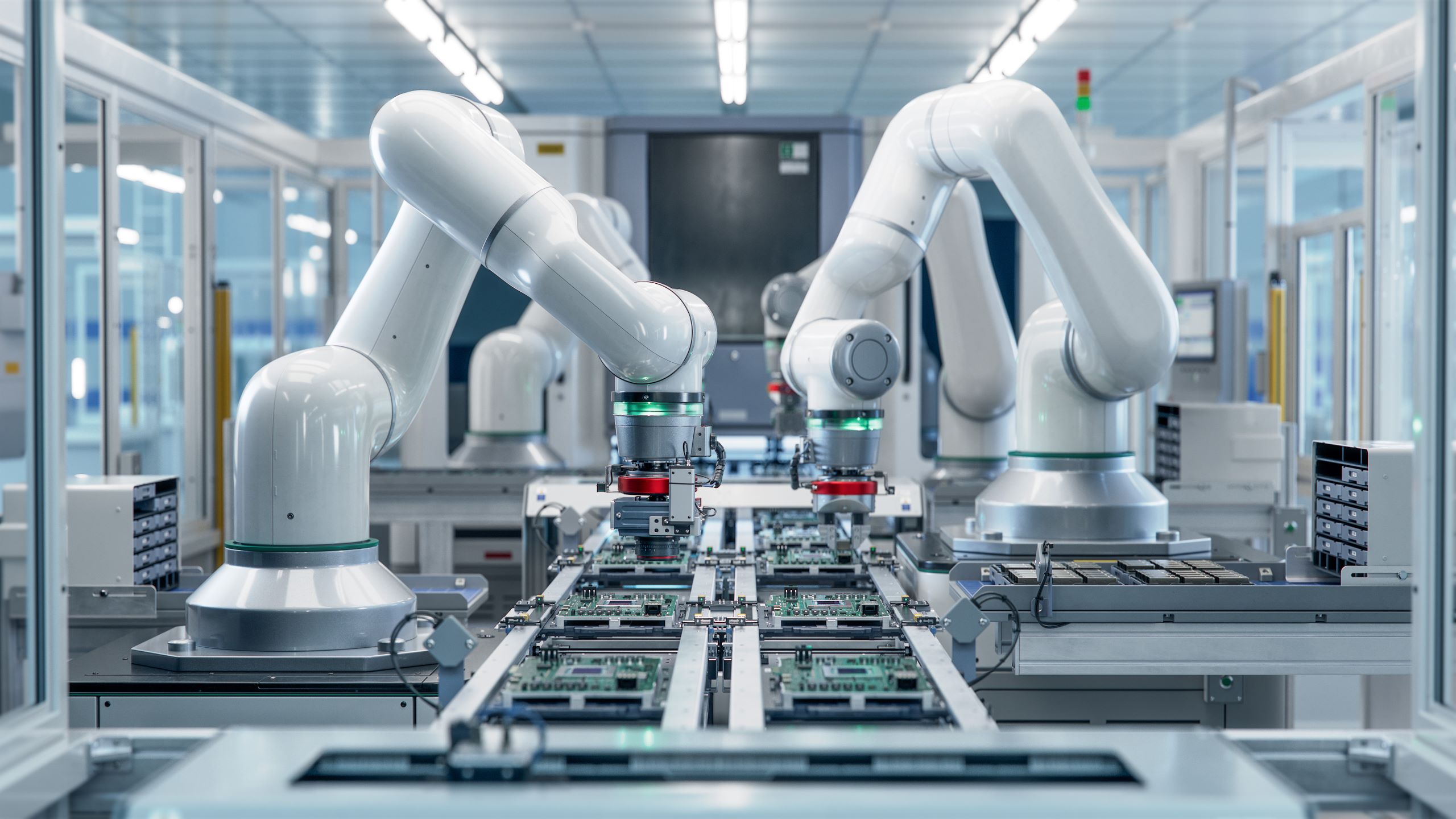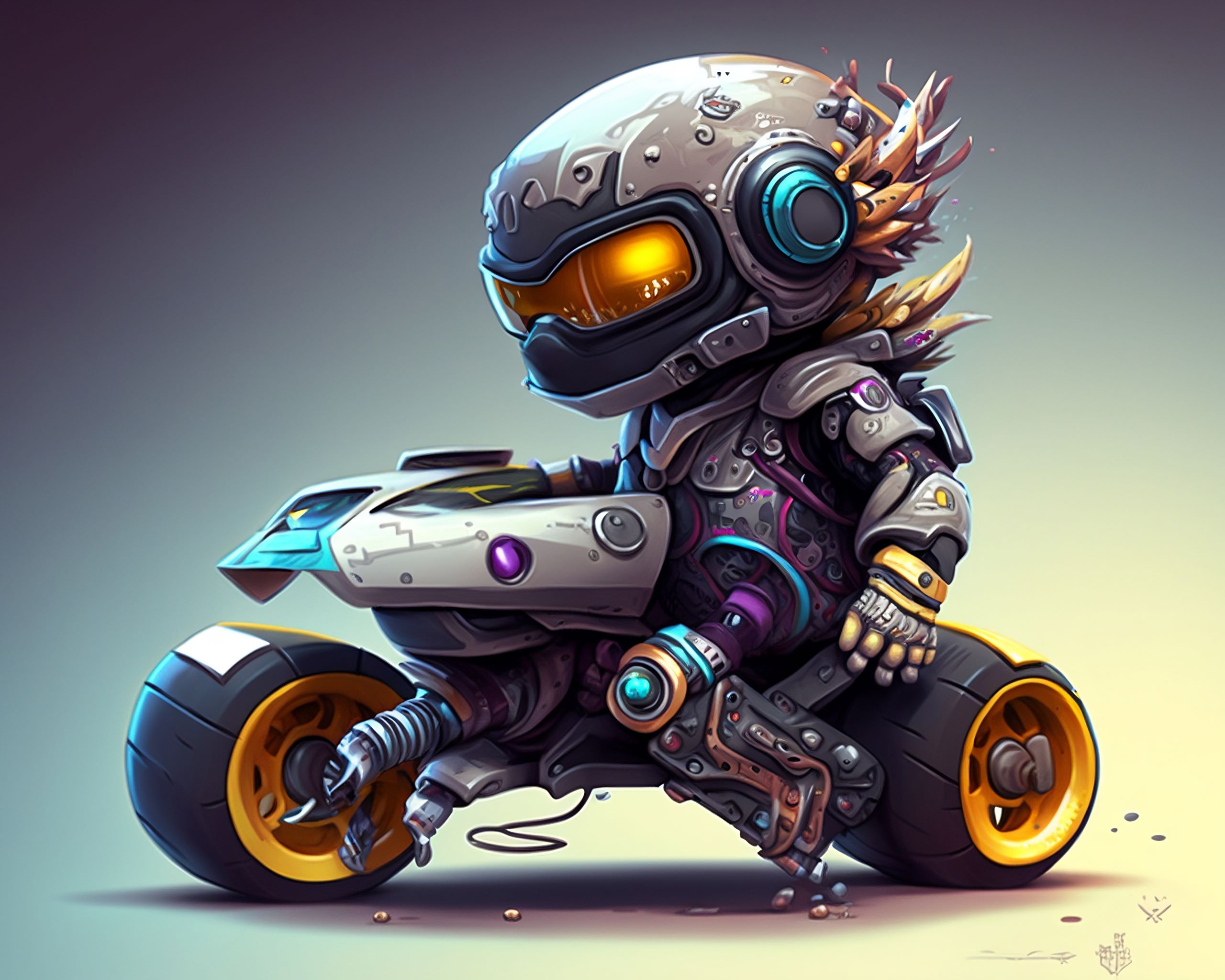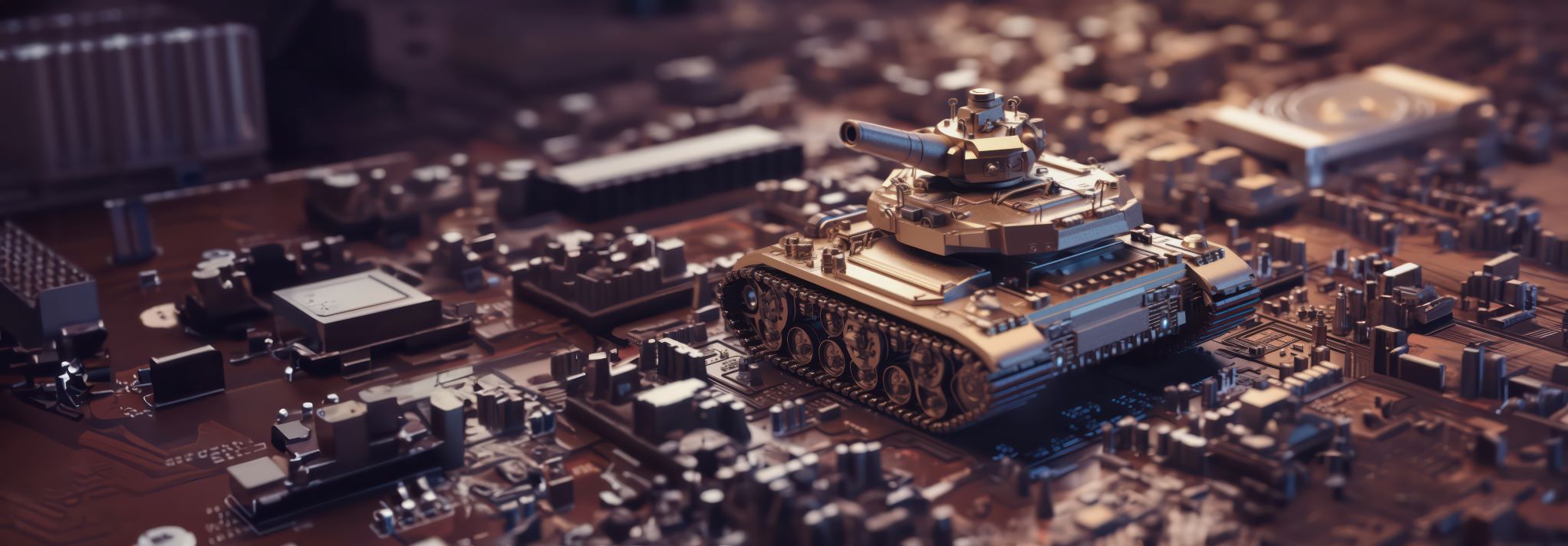What Has Become of Our AI?

Advances in computing power, storage, algorithms, and the sheer volume and access to data combine to make artificial intelligence (AI) what it is today. What has become of our AI is that it now drives the technologies that make our lives easier.
Access to historical datasets have accelerated the predictability of customer behavior, supply chain issues, and the weather. It has improved medical imaging and fostered innovation. It doesn’t ensure exemplary service or good decisions, but AI is still learning.
According to Grand View Research, The AI market is worth $136.55 billion this year. It predicts a compound annual growth rate (CAGR) of 37.3 percent from 2023 to 2030.
An IBM press release detailed that of 9,130 patents received by IBM inventors in 2020, 2,300 were “AI-related.” With the predictive abilities of machine learning (ML) and the Internet of Things (IoT) utilizing input from connected devices, the breadth of AI’s capabilities is boundless.

Manufacturing and Supply
“Our use of AI is widespread,” said VP and global head of AI for Bosch Center for Artificial Intelligence, Rahul Kapoor. In an article by Inbound Logistics, she described scenarios of how the German company is using AI.
Within one of Bosch’s subsidiary plants, “milk runs” refers to materials being transported from the warehouse to production only when needed. AI creates re-supplying schedules, and delivery occurs automatically.
Similar technologies are now commonplace to monitor and transport supplies in various industries. Schwan’s Home Delivery service delivers food in refrigerated trucks and uses AI-controlled sensors to maintain quality control.
“I can see the freezer temperatures on all trucks at a glance,” says Larry Gaskin, national director of warehouse operations. “It provides a level of confidence.”

There Is Nothing Artificial About Our Intelligence
LMS utilizes AI, ML, and the IoT to ensure data for one of its travel and leisure industry partners long before guests arrive. The process expedites customer check-in and provides a touch-free guest experience during the trip.
Manager of Data Integrity Joshua Joseph explains the rate of improvement.
“Right now, we are handling data six months in advance,” he says. “The plan is to go beyond that to serve our guests, to give our clients the best experience, even one year into the future, so everything is seamless. That way, our guests are happy, our clients are happy, and we are happy.”
The Data Team can now expand into other microservices, reduce potential incidents, and increase profitability.

What Has Become of Our AI?
Our AI has grown up but has a long way to go.
A story by Mike Thomas and Jessica Powers for Built In examines education to benefit from AI and ML. Most significantly, it is the individual student that can benefit. Long a challenge for teachers to address in larger and larger classrooms, it is possible that solutions are on the way.
Each student learns and comprehends differently, and it’s not always obvious. Adjusting to the emotions of students, as well as their skills and comprehension levels, may help. It will challenge public school systems to budget for upgrades, but the pandemic gave them an early taste of technology with remote learning.
It won’t happen overnight, but anything to help a student excel in school is good news. AI and its subsets are here to stay. Challenges are ahead, but there’s much to look forward to.
Joshua Joseph, Manager of Data Integrity



